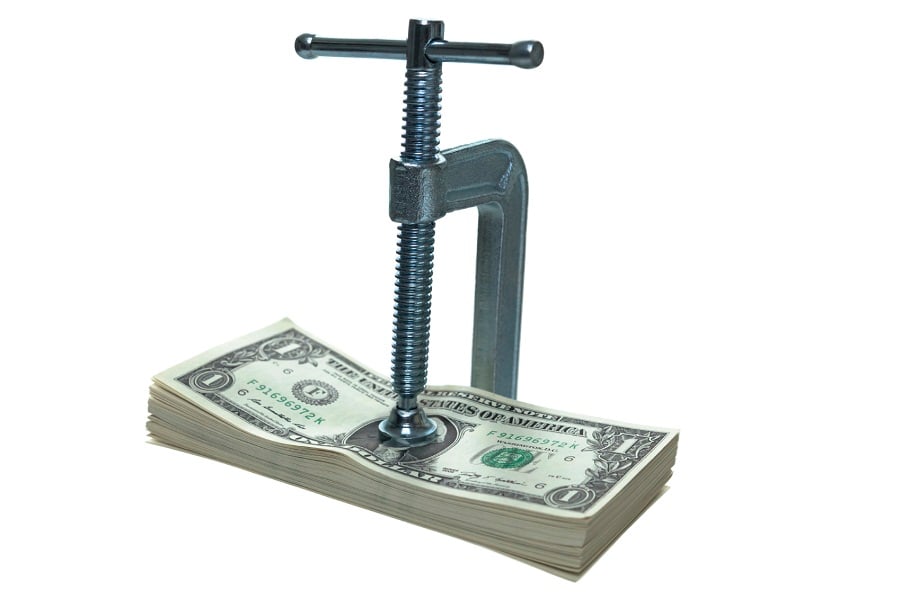The California Public Employees' Retirement System expects to pay 8% less next year for external money managers as it
liquidates its hedge-fund program.
The largest U.S. state pension fund, known as Calpers, projects that it will pay $930.7 million in base and performance fees to investment firms in the fiscal year that begins July 1, down from more than $1 billion this year and $1.3 billion last year, according to the fund's proposed budget.
The $295 billion fund has been seeking to cut its costs and win fee concessions from money managers as it faces pressure to boost returns and cover retirement promises made to public employees. State and local retirement plans are short at least $1.3 trillion because of investment losses triggered by the recession that ended in 2009 and inadequate contributions, according to Federal Reserve data.
Calpers has seen the ratio of fees it pays compared to its market value drop by a third since 2012 as it reduces the number of money managers it hires, moves more investment-management functions within the organization, and seeks better terms from outside firms.
(More: Public pensions put Pimco on watch after Gross exit)
Calpers announced in September that it planned to dump its entire $4 billion in hedge-fund investments, citing their expense and complexity.
UNWINDING HOLDINGS
Calpers projects it will pay about $100 million less in fees for hedge-fund investments. The pension has said it would take about a year to unwind all its holdings. It paid $135 million in fees in the fiscal year that ended June 30 for hedge-fund investments, which earned 7.1% and added 0.4% to its total return, according to Calpers figures.
Brad Pacheco, spokesman for the pension fund, wasn't immediately available for comment.
Base fees for private-equity investments are projected to decline 7.5% to $440.6 million as some investments matured, the number of managers was reduced and Calpers won better terms for new deals.
Base fees for company stock managers are projected to increase 25% to $51.3 million. Fees for performance are projected to decrease by $32.6 million because of favorable renegotiated contract terms, Calpers said.







